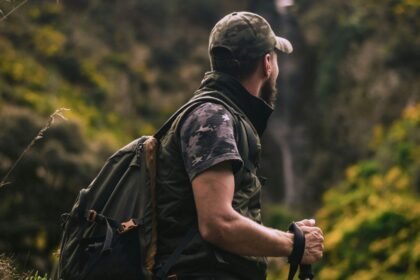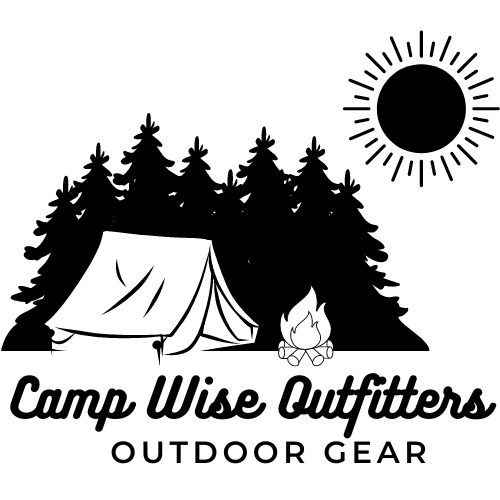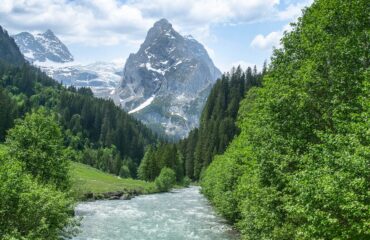Into the Wild: Essential Camping, Hiking, and Fishing Tips

Embarking on an outdoor adventure can be exhilarating and rewarding, but it’s important to be prepared. Whether you are planning a camping trip, a hiking expedition, or a fishing excursion, having the right knowledge and skills is essential for a safe and enjoyable experience. In this blog post, we will explore some essential tips for camping, hiking, and fishing in the wild.
- Camping Tips:
When setting up camp in the wilderness, it’s important to choose a suitable location. Look for a flat surface away from potential hazards such as falling branches or flooding areas. Make sure to pitch your tent on higher ground to avoid water pooling inside during rainy weather. Additionally, always check the weather forecast before heading out and pack accordingly with appropriate clothing and gear.
- Hiking Tips:
Before hitting the trails, make sure to plan your route and inform someone of your itinerary in case of emergencies. Pack enough food and water to stay hydrated and energized throughout your hike. Wear comfortable shoes with good ankle support to prevent injuries on uneven terrain. Take breaks when needed and listen to your body to avoid overexertion.
- Fishing Tips:
When fishing in the wild, it’s important to know the local regulations regarding permits and catch limits. Research the area you will be fishing in advance to determine what types of fish are present and what bait or lures are most effective. Practice catch-and-release methods whenever possible to preserve the ecosystem for future generations of anglers.
- Safety Tips:
Regardless of whether you are camping, hiking, or fishing in the wild, safety should always be a top priority. Carry a first aid kit with essential supplies such as bandages, antiseptic wipes, and pain relievers. Familiarize yourself with basic survival skills such as building a fire or signaling for help in case of emergency. Always respect wildlife by keeping a safe distance and properly storing food to prevent attracting animals to your campsite.
- Leave No Trace:
One of the most important principles of outdoor recreation is leaving no trace behind. Pack out all trash including food wrappers, cans, or bottles that you bring into nature. Avoid damaging vegetation by staying on designated trails and campsites. Minimize your impact on wildlife by observing animals from a distance without disturbing their natural behavior.
As you venture into the wild for camping, hiking, or fishing adventures, remember that preparation is key to a successful outing. By following these essential tips for outdoor activities in nature, you can ensure a safe and enjoyable experience while respecting the environment around you. So get out there and immerse yourself in the beauty of the great outdoors!




